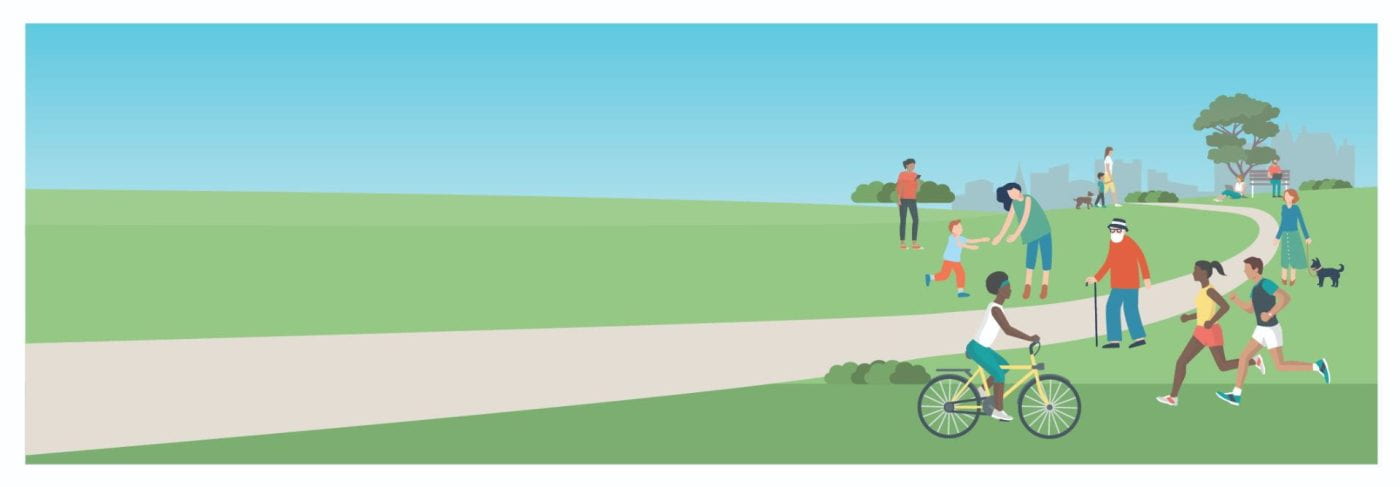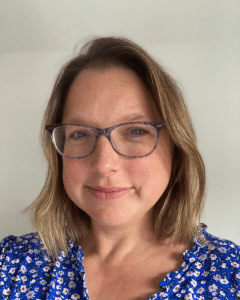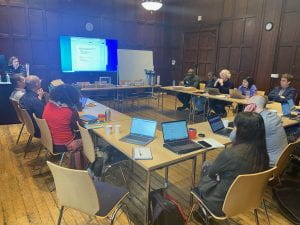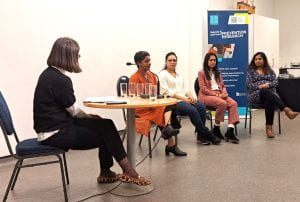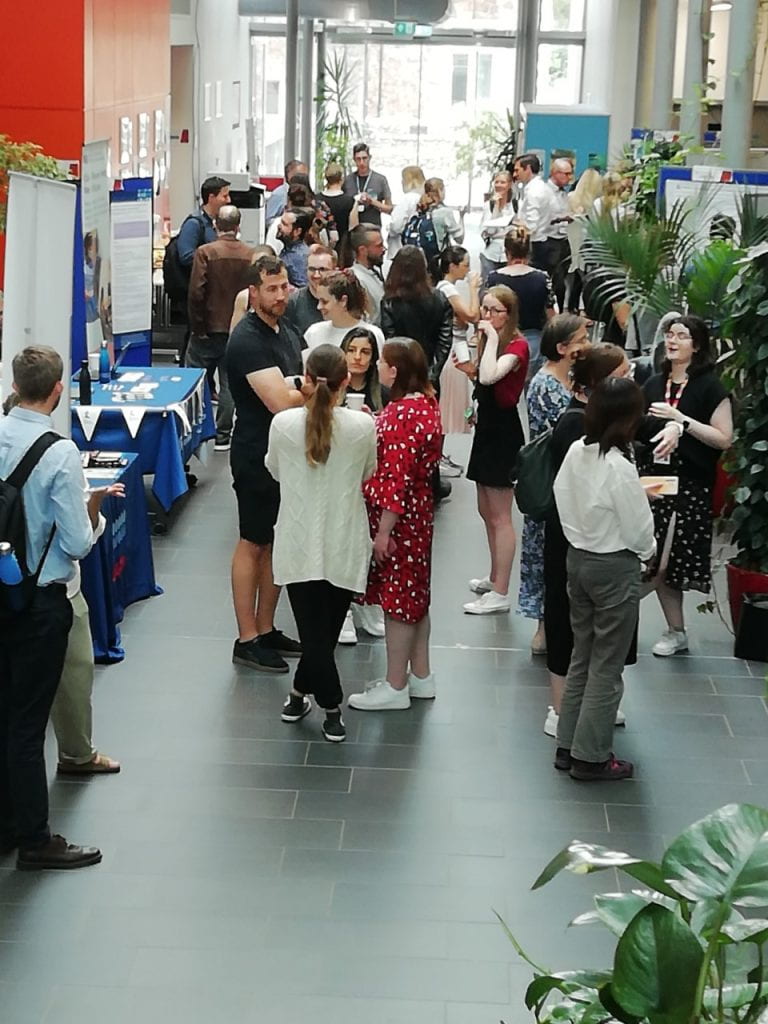Its Not Just About Dissemination: My Experience of Knowledge Mobilisation
By Theo Richardson-Gool
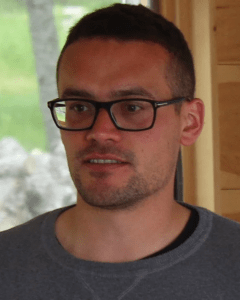
Specialising in knowledge mobilisation is a shift from my career that started by setting up a youth work in Easton, Bristol, before moving to London to work in personal injury and human rights law, before transitioning into the non-for-profit sector, leading work to advance public health education. So, I worked on the other side involved in knowledge mobilisation, working with academics and benefiting from the impact of research that arises from places like the University of Bristol.
I learned how knowledge mobilisation is defined and its potential at the University of Bristol—having worked here since 2021, helping researchers plan for impact. Joining the Population Health Science Institute (PHSI) team with Clare is exciting because it’s an opportunity to advance knowledge mobilisation alongside researchers, give agency, reach new audiences, and generate greater impact.
Let me share two different examples, from working with academics, and with communities.
During my time with the MRC IEU, we formed a participatory epidemiology working group to understand non-academic stakeholders’ needs better. This meant considering the perspectives of the public, policymakers, and industry. We explored the challenges and opportunities they face when engaging with academia, focusing on the short-, medium-, and long-term benefits of MRC IEU studies for these audiences. This experience highlighted the expertise of our health and data scientists and the rewarding challenges of knowledge mobilisation in complex fields. I was impressed by the researchers’ openness to explore why and how knowledge mobilisation could bridge the gap between lived experience and scientific evidence.
Openness is critical when working with non-academic stakeholders. Let me give an example of learning from lived experience. In spring 2022, when I visited a new clinic run by Somali nurses in a rented space at the St. Paul’s Learning Centre in Bristol. A local Jamaican man in his 50s walked in. I greeted him in the reception. Then, after the nurses checked his blood pressure and sugar levels and shared advice, his demeanor shifted as he became more at ease with managing his health. Before leaving, and after initially declining the offer to get a COVID-19 vaccine, he spoke with me. He clarified: “You know, despite what the media tell you, it’s not as simple as people in my community mistrusting the vaccine.” He explained that the one time the government-sponsored outreach here was about a vaccine. “They do not come to address diabetes, heart disease, or provide support to manage mental wellbeing. No. They come to ‘immunise us.’ They come to instruct us.”
This example is noteworthy because immunisation became the primary strategy to protect against the coronavirus pathogen. However, it also illustrates how historical mistrust and credibility deficits can lead the public and governments to view health interventions through different lenses. This kind of insight can shift our approach to policy and influence the research questions we ask, emphasising the need to be open to what we can learn from working with diverse stakeholders.
Knowledge mobilisation isn’t just about disseminating information; it’s about exchanging ideas, building trust, and creating a platform where everyone involved can contribute. The aim is to ensure that the incredible work done by researchers reaches the broadest possible audience, enabling innovation, allowing policymakers to make informed decisions, practitioners to implement best practices, and communities to engage with scientific advances.
